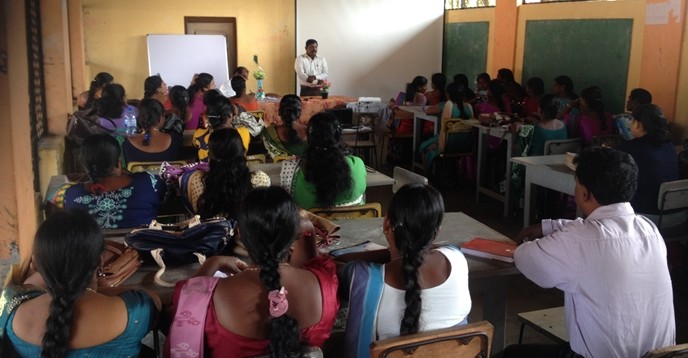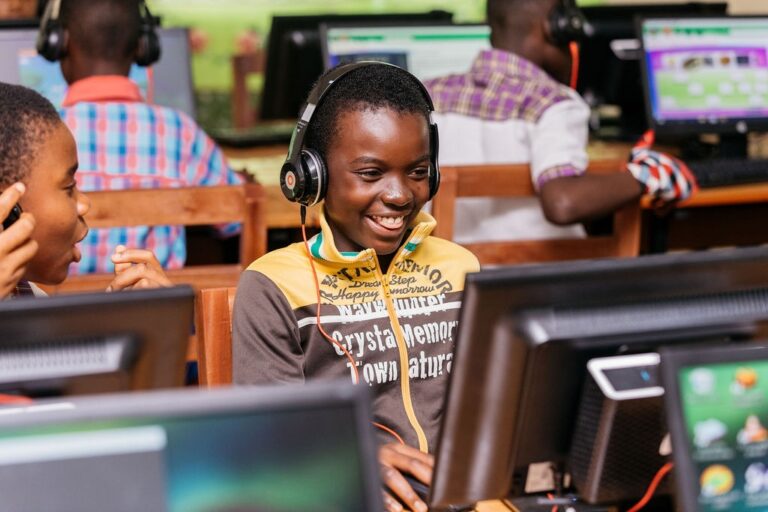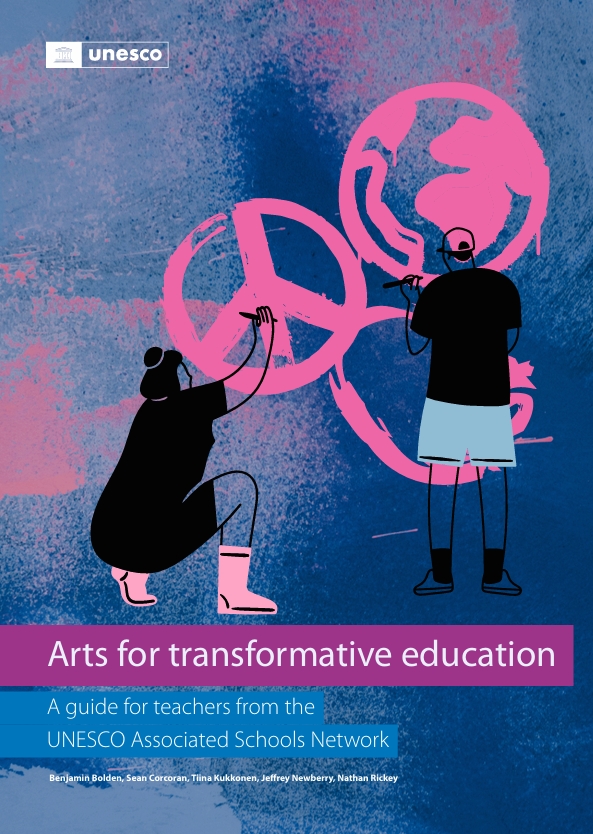An alternative to formal schooling in Sri Lanka is turning around the lives of youth who may have slipped through the educational net and teaching solutions to some of the country’s biggest environment challenges.
The Open School Programme, a product of the National Institute of Education located in Colombo (Maharagama), Sri Lanka and operating since 2007, runs countrywide access to sustainable and learner-led quality education and targets the poor and marginalised.
“The idea of having an open school programme came about as a result of the low literacy rate among children who had dropped out of formal schooling, but we also wanted to bridge lots of other gaps. We wanted to include groups such as women, the mentally and physically disabled, prisoners, indigenous people, minorities, and we wanted to ensure the environmental lessons of the Sustainable Development Goals were included,” said Project Head Sarawanamuthu Dunaisingh.
“The country has not only suffered huge environmental accidents, but we have a huge problem of waste and, in particular, discarded and dangerous electronic products. We are also drowning in plastic and polythene. Where people would once have used a banana leaf as a plate they now use plastic but discard it in the same way as the leaf,” he said.
The programme works at primary, secondary and tertiary levels with mainly farming and working communities providing a range of options for those who do not have a recognized basic qualification. The system is innovative and flexible and while learners can work towards a particular exam or qualification there are no formal term times or classrooms. Teachers meet learners at convenient times around their work commitments and study is backed up by work plans and self-learning materials.
The programme focuses on literacy (the National Institute of Education was one of the winners of the 2015 UNESCO King Sejong Literacy Prize) and livelihood to enable learners not only to complete vocational courses and programmes but also to enter the world of work with sustainable development knowledge in place.
“There is often such an emphasis on consumerism and a poor level of understanding about sustainability that the informal schools provide the perfect opportunity to learn,” said Mr Dunaisingh.
Education for Sustainable Development (ESD) topics touched on include the proper disposal of garbage, food hygiene and how to achieve zero food waste, organic farming and general education on clean and green practices.
So far, the programme has had 2200 beneficiaries with 200 learners passing O level exams and 20 learners following A level study. Around 200 learners joined formal schooling and 900 learners were able to find jobs in various fields.
The programme has also established 26 Regional Study Centres, recruited 227 tutors and 26 senior tutors, and conducted four national and two international workshops.
Mr Dunaisingh believes it is now time to take the ESD message further into the community. In Sri Lanka, textiles are one of the main industries and are responsible for a great deal of pollution due to the use of dyes and chemicals.
He aims for Open School learners and tutors to be sensitized on eco-friendly bio degradable practices regarding environmental issues and protection, e-waste disposal, managing plastic recycling, reducing emissions and implementing a zero waste policy within all of the Open Schools’ regional areas and centres.
“We want to work with the textile training institutes to provide vocational training for our Open School learners while at the same time educating them on less harmful ways of processing textiles,” he said.
The Open School Programme was nominated for the UNESCO-Japan Prize on ESD in 2017.



![[Preliminary Report] CRNA Collaborative Research for Exploring Factors Nurturing"Happy and Resilient" Children among Asian Countries](https://equity-ed.net/wp-content/uploads/2024/09/1725672182698.jpg)

